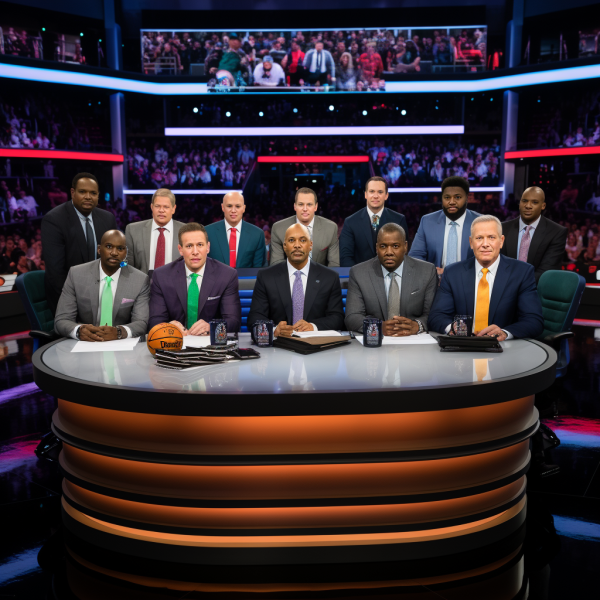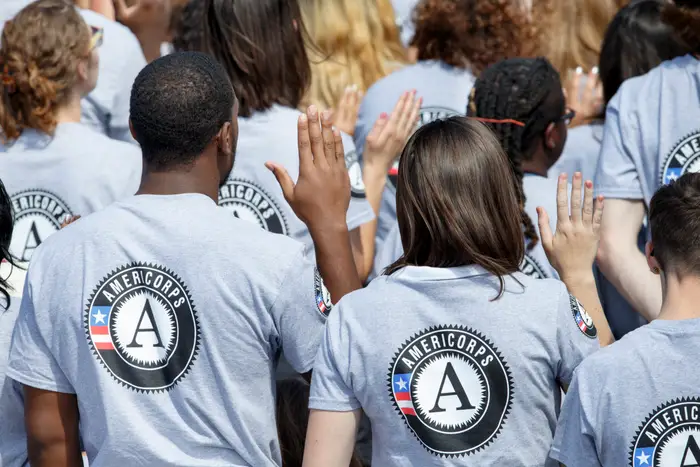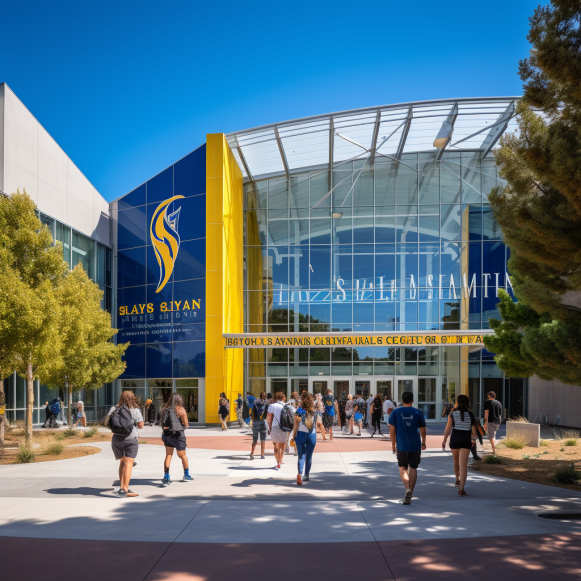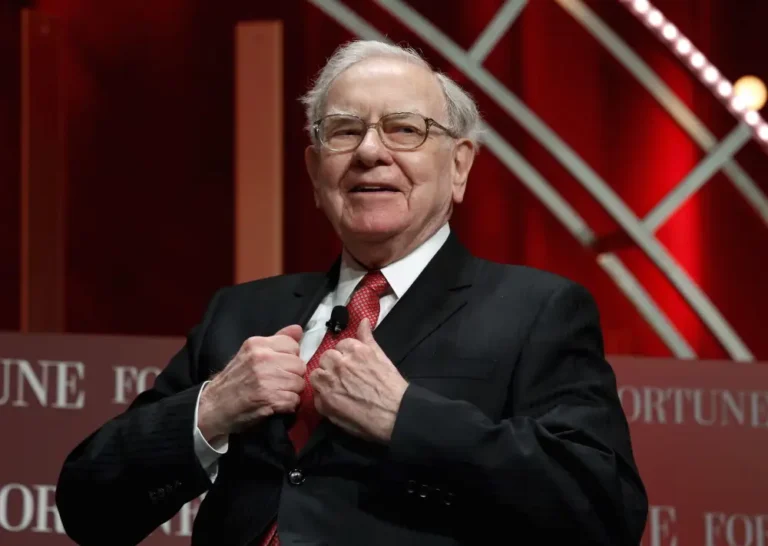ESPN’s $2 billion gambling deal could signal bigger moves to come from the sports network. Here’s what media insiders are watching for.

- Industry insiders say ESPN’s deal with Penn Entertainment could signal a potential ESPN spinoff from Disney.
- Disney announced a $2 billion deal with casino operator Penn Entertainment to create ESPN Bet.
- Experts break down how the deal could bolster ESPN and what’s next.
ESPN’s $2 billion Penn Entertainment deal shook the sports betting world — and reignited industry speculation that Disney might spin off its media crown jewel.
First, they note that the deal’s revenue could relieve financial pressure on ESPN as Disney and other media companies scramble to pay soaring sports rights costs as cable revenue declines.
The agreement can also benefit Disney in a few other ways. It contributes to its longer-term goal of selling more services directly to consumers as it transitions away from reliance on the declining cable model. It could also provide ESPN with a new source of customer data, which could improve the appeal of its advertising.
Bottom line, strengthening ESPN may increase its attractiveness if Disney decides to sell it or seek investment partners.
Disney owns 80% of ESPN and Hearst owns the remaining 20%.
Disney CEO Bob Iger has already stated publicly that the company is looking for partnerships or investors to help cover the costs of its planned direct-to-consumer transition for ESPN (while emphasizing that the company wants to retain control of ESPN). According to CNBC, Disney has held preliminary discussions with the NFL, NBA, and MLB about becoming investors in ESPN.
“You want it to look attractive as a standalone,” said Jonathan Miller, CEO of Integrated Media Co., a digital-media investment firm. “To do that, you must be able to pay for sports rights.”
According to a sports investment executive, the Penn deal also creates a stronger cultural separation between ESPN and Disney’s family-friendly brand, which could help build the case for a spinoff. Bob Iger said four years ago that he didn’t see Disney getting into betting. However, since the Supreme Court relaxed regulations on sports betting, more than half of the US states have legalized some form of it.
“There was always this conversation at Disney, how close do they want to get to gaming — it puts them further on an island away from it,” the investment executive explained.
According to one employee, Disney recently assigned dedicated tech-support staff to ESPN, which may make a separation easier from an operational standpoint.
ESPN wants to catch up in betting, in a play for young fans
Some industry observers believe the Penn acquisition will help ESPN catch up in the growing sports betting market, particularly among younger consumers. For years, ESPN has had marketing agreements with Caesars Entertainment and DraftKings, which paid ESPN to direct its fans to the platforms of those betting companies. Those transactions are now coming to an end.
“For Penn, it was a good way to align the relationship that has good potential to grow their market share,” said Alignment Growth’s longtime media banker and investor Alex Ilosevich. “Penn is in trouble; ESPN could help it gain market share.” It’s not as significant for ESPN, but it’s useful — ESPN has committed to a 10-year partnership with guaranteed pay, which raises the visibility of ESPN’s revenue. It also aids in brand exposure.”
To be sure, some industry observers have questioned the deal’s impact on ESPN’s ability to catch up in the sports betting race. Notably, it did not end up with one of the leading sports-betting operators, DraftKings or FanDuel; industry insiders speculate that those operators may have insisted on having their names included in the branding. During an earnings call on August 9, Iger stated that Penn’s offer was significantly better than those made by competitors.
Penn has pledged to spend approximately $150 million per year on marketing in addition to the $150 million it has committed to ESPN; FanDuel or DraftKings, on the other hand, have spent many times that — DraftKings spent nearly $600 million in the first half of 2023 alone, and FanDuel’s parent spent over $530 million in the US.
Not only that, but ESPN has received an estimated $200 million in annual marketing from long-standing marketing deals with Caesars Entertainment and DraftKings, which are coming to an end and may reduce ESPN’s revenue. The Penn agreement does not prevent ESPN from selling commercial time to competing sportsbooks, but it does provide some ad and sponsorship exclusivity.
According to a gaming executive, the ESPN deal also did not include a land-based casino component, which could limit the negative optics for family-friendly Disney but also means it is missing out on a high-margin business.
Buyers for ESPN could include private equity, Saudi entities
If ESPN’s long-term goal was to merge with larger sportsbooks like FanDuel or DraftKings, as many investors hoped, or to build its own sportsbook after a Disney spinoff, being tied to Penn for the next decade could limit its ability to do so, according to LightShed Partners in an August 9 note.
ESPN’s embrace of betting may also make it more difficult for it to attract sports leagues as investors, which have previously avoided gambling, though that aversion has waned as sports betting has grown in popularity. Sports betting generated $7.5 billion in gaming revenue in 2022, up 75% from 2021, according to the American Gaming Association.
If Disney decides to sell ESPN, potential buyers could come from private equity, a sector that has become increasingly interested in sports. Front Office Sports reported in July that strategic partners could include Amazon, Comcast, sports-merchandise behemoth Fanatics, Peyton Manning’s Omaha Productions, or a Saudi Arabian entity, based on conversations with sports-media advisors.






